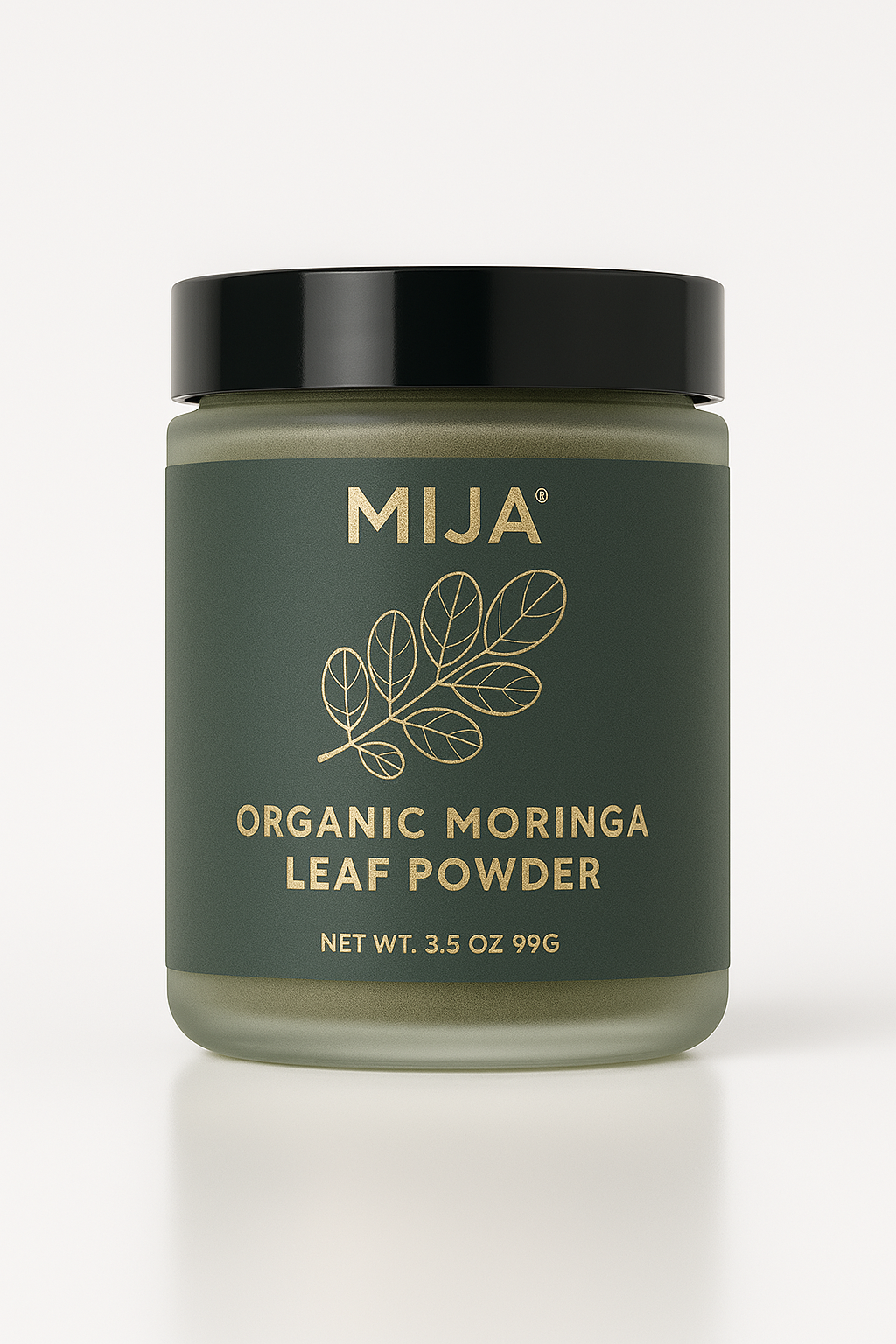

Everything You Need to Know About Leaky Gut Syndrome

Do I Have a Leaky Gut?
Leaky Gut Syndrome – have you heard about it? It’s become more common online and within the medical community but it’s still hard to diagnose and it isn’t considered a disease. People are feeling distressed and if you Google the term, you’ll come up with a lot of information that is all over the place with not a lot of evidence-based, scientific-backed research. Many times, when you go to a doctor inquiring about a leaky gut, they will dismiss the term and won’t do testing for it. Here’s the lowdown on what a Leaky Gut is. How to get tested. And what you can do to prevent this uncomfortable situation.
What is the Leaky Gut Syndrome?

Leaky Gut, also known as Increased Intestinal Permeability, is the term used to describe people who have cracks or holes in their intestinal lining. The intestinal lining is huge and covers more than 4,000 square feet of surface! That’s a lot of footage to cover and problems can arise within this delicate infrastructure when things are compromised1. When cracks and holes develop, things can go out and in to the intestinal tract, such as food that normally stays within the intestines. It can leak out. This can go into our bloodstream causing a toxic reaction. In addition, things can go into the intestinal tract, like unwanted bacteria that don’t usually belong there. All of this can trigger inflammation both within the intestinal lining and within our body (for the stuff that leaked out of it) and change our normal, healthy gut flora and fauna. Once toxins and inflammation occur, our body produces an inflammatory response and this can also result in the onset of other disease-related issues like autoimmune diseases that affect our digestive system and more.
Why are more and more people getting a Leaky Gut?
Leaky Gut Syndrome is a newer term being used. However, gastrointestinal (GI) diseases, which affect the GI tract, have been around for a long time and with the growth of technology and science, we’re able to identify and diagnose more of these diseases. Many common GI diseases, such as Irritable Bowel Syndrome (IBS), Gastrointestinal Reflux (GERD), constipation, hemorrhoids, and others, all negatively affect our GI tract. Over time, many people with continual strain within the GI tract can ultimately have their intestinal lining break down and get cracks or holes in it. This usually healthy barrier is now letting other infectious agents in and leaking out things that we would want to keep inside.
In addition, the stresses of modern life just wear us down and due to our common dietary pitfalls like excessive sugar, highly processed foods, increased saturated fat, low fiber, high alcohol, and insane amounts of stress – these all negatively affect our guts. They just wear us down and the barrier gets weaker and weaker.
Certain kinds of bacteria can overwhelm the gut and actually cause harm to it by killing off the healthy bacteria that we want, which causes an imbalance. In addition, erosive acids and enzymes in the gut can also overwhelm the protective mucus that is usually present and neutralizes this acidity. Over time, the gut lining will break down from the excessive acidity.
More and more people who have chronic inflammation from irritable bowel disease (IBD) or celiac disease are also at a greater risk of a leaky gut. In addition, food allergies can cause an immune response, especially when people are eating them and they shouldn’t be, so their intestinal barrier is hit hard most days and just breaks down. Chronic overuse of alcohol or NSAIDs, like aspirin and ibuprofen, can also wear down our gut health.
Wow! That’s a lot of things which can negatively affect our gut.
To sum it up, leaky gut can be cause by:
- People with an existing GI disease
- Food allergies
- Modern day life stress
- Poor diet with low fiber, high sugar, excessive alcohol, high intake of processed foods
- High intake of NSAIDS
- High amounts of “bad” bacteria, erosive acids and enzymes in the gut

Common Symptoms of Leaky Gut:
The intestinal tract is generally very strong and has a lot of layers protecting it from breaking down. It is also very resilient and is naturally designed to repair and replenish itself. Unfortunately, people experiencing a leaky gut can have the following symptoms:
- Chronic diarrhea
- Gas and bloating from the fermentation of the overgrown bacteria in the gut
- Constipation
- Burning feeling in your gut
- Painful indigestion due to reduced intestinal mucosa
- Headaches
- Confusion and difficulty concentrating
- Nutritional deficiencies from the gut not absorbing the food like it should because the nutrients are leaking out
- Low energy from the body not absorbing the nutrients from the food
- Fatigue
- Joint pain
- Widespread inflammation
How to get tested for a Leaky Gut2:
There isn’t a standard test, yet, since the leaky gut isn’t an official medical diagnosis. And because many doctors don’t try to get to the root of a problem, they may not even consider testing for a leaky gut. So if you do want to get tested, ask your doctor for the following:
Urine Test: drink a solution and see if it is being absorbed in the intestines. If things are coming out of the intestines, it means there are cracks in the gut wall.
Blood Test: test the blood for gut bacteria infiltration looking for specific antibodies and endotoxins.
Tissue Biopsy: invasive test to examine the intestinal tissue.
Confocal endomicroscopy: endoscopy exam looking at the intestinal lining.
Ways to Naturally Improve a Leaky Gut:
While there is no “cure” for a leaky gut, there can be lifestyle modifications to be made to optimize our overall gut health and reduce the risk of a leak or breakdown.

Written by: Sarah Koszyk, MA, RDN
References
- Campos, Marcelo. Leaky gut; what is it, and what does it mean for you?. Harvard Health. November 16, 2021.
- Cleveland Clinic. What is Leaky Gut Syndrome? 4-6-2022. https://my.clevelandclinic.org/health/diseases/22724-leaky-gut-syndrome.
- Eslamian G, Ardehali SH, Hajimohammadebrahim-Ketabforoush M, Vahdat Shariatpanahi Z. (2020). Association of intestinal permeability with admission vitamin D deficiency in patients who are critically ill. Journal of Investigative Medicine. Feb; 68(2):397-402.






